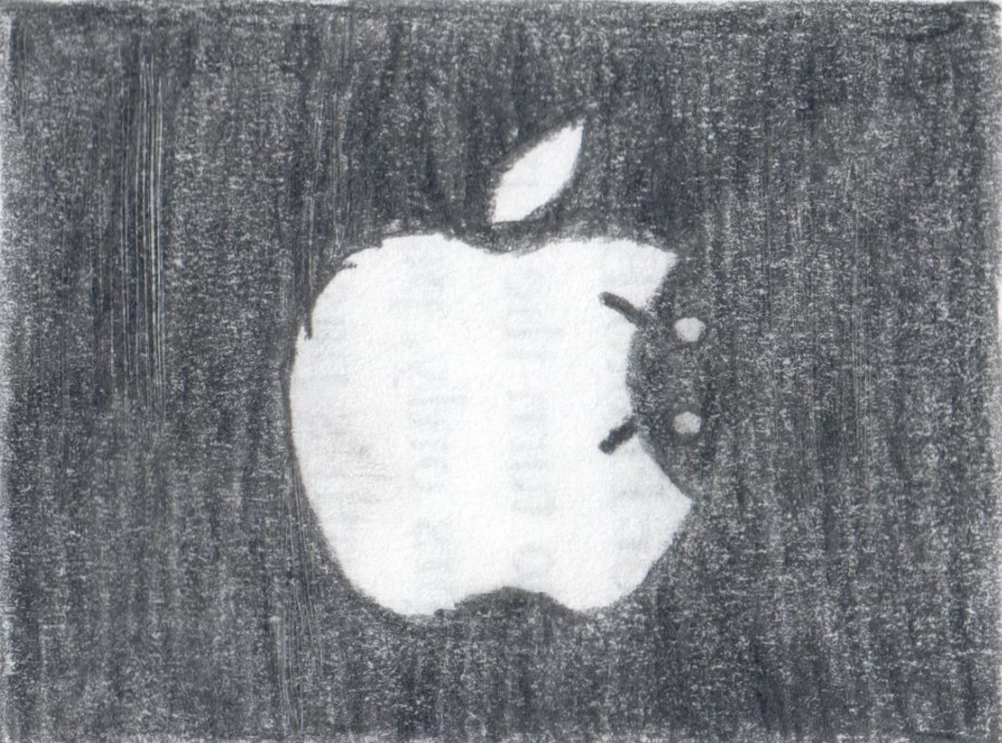H2H: Android vs Apple
November 1, 2017
Apple is Superior to Android
With advances in technology, a sleek, well-performing smartphone is attainable for almost everybody today in the United States. When choosing such a phone to purchase, an iPhone belongs on top of the list, above Android devices manufactured by a variety of different companies.
An issue with Android phones is software updating. Due to the fact that iPhones are manufactured exclusively by Apple, the company will ensure all relevant models receive same updates.
But when it comes to Android, even esteemed supporter Android Central admits, “When Android is updated, only phones from Google that are currently supported can expect an update. Those phones are a very small portion of Android devices in the wild.”
Customer support is another field in which Android companies are bested by Apple. If a problem occurs, owning an Apple phone saves time, sweat and money.
According to the Boy Genius Report, “Apple has…265 [retail stores] in the United States alone. As a result, Apple’s retail infrastructure provides…convenience for users who need to bring a product in to be examined. This is infinitely more helpful than the alternative other companies provide — tech support via the phone.”
A common argument Android users employ is that Android has a higher market share than Apple. But according to data collected by Strategy Analytics, sales of Apple’s iPhone 7 series ranked first and second in models sold by 2017’s first quarter, whereas the leading Android ranked third with a difference of over ten million models.
On a smaller scale, 100 students on campus were selected randomly and polled for their opinions. Of the voters, a staggering 84 percent prefers iPhones over Android devices. Apple devices are more welcomed in Portola High as well as on a worldwide scale.
From the support provided to their effectiveness at software updating and their popularity, iPhones are clearly superior products to Android phones.

Aaron Sha is the 2019-20 Features Editor for his third and, sadly, final year in the Portola Pilot. In this year, he hopes to bring the people and events...
Why Paper Books Speak Volumes Over eBooks
With the advent of eBooks and other digital reading devices, technology users have access to a plethora of traditionally paperback works. Despite this new avenue for accessing works of literature, physical paper books will always hold more value than eBooks, as they provide a more engaging experience for their readers.
“I like being able to remember parts of the book and see how close I am to the end,” world history teacher Heidi Martasian said. “It’s so much more visual when you have the real book in your hand.”
Paperback books give readers a physical connection to the story they are reading, and each flip of a page adds to the experience of progressing through the book.
“You have the tactile sense of progress … Perhaps this somehow aids the reader, providing more fixity and solidity to the reader’s sense of unfolding and progress of the text, and hence the story,” researcher Anne Mangen from Stavanger University told The Guardian.
Additionally, paperback books allow us to stay focused and engaged in the plot of a story or premise of an argument. When reading a book, you can easily fall into a “reading groove,” which thus provides an immersive experience where every simile and metaphor speaks volumes.
“In this study, we found that paper readers did report higher on measures having to do with empathy and transportation and immersion, and narrative coherence, than iPad readers,” Mangen also reported to the Guardian.
Unlike traditional paper books, eBooks can easily become a distraction for readers, as the devices one reads on has other purposes, including online communication, games, etc. Due to the multitude of uses for online devices, readers are not directly engaged with the books they are reading and are not able to deeply appreciate the beauty of a novel.
“When reading either for (school) work or pleasure, the preponderance of students found it easiest to concentrate when reading in print,” author Naomi S. Baron reported in her book Words Onscreen: The Fate of Reading in a Digital World. “They also reported multitasking almost three times as much when reading onscreen as when reading in hard copy.”
Though eBooks’ ease of access is seen as an advantage of real books, it actually further lowers a book’s sentimental and physical value. Since eBooks can be easily downloaded, previewed and summarized online, many readers do not spend time thoroughly enjoying and understanding a novel front to back. Instead, they skim through pages on a screen and impatiently jump to the next book on the list.
There is no doubt that paperback books provide a far more superior reading experience, as their physical substance outweighs the empty words of an electronic screen.

Jordan Lee, commonly referred to as “The Flash,” is your Visual Director. He has held the positions of front page and photo editors in previous years...

